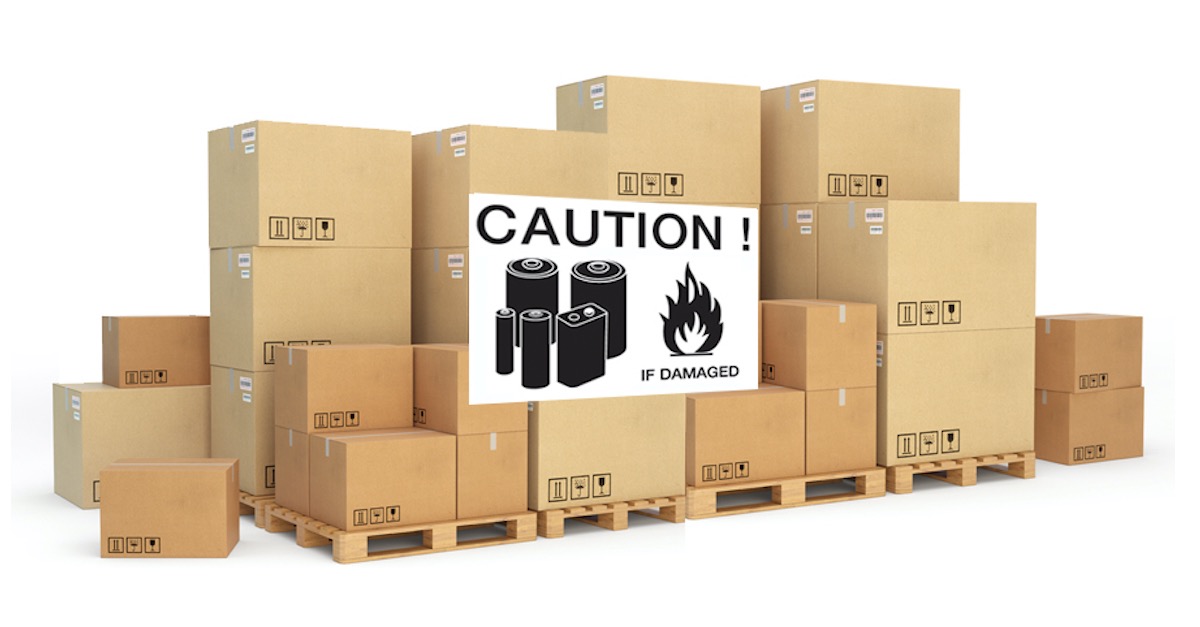Leadership From the Flight Deck
By ALPA Staff
After the House of Representatives introduced its FAA reauthorization bill last week, ALPA quickly voiced our opposition to several components of the draft legislation, including the failure to properly and appropriately regulate the transportation and packaging of lithium batteries by air.
Tags: Cargo, Lithium Batteries
By Capt. Tim Canoll
The proposed FAA reauthorization bill introduced in the U.S. House of Representatives this week falls significantly short for airline passengers and air cargo shippers when it comes to advancing the high standards that make air transportation in the United States so extraordinarily safe.
A key reason for the extraordinary safety of our system is our commitment to providing airline pilots with the highest standards of training and qualification. Today’s first officer qualification and training requirements were prompted by Congress in 2010 following four fatal airline accident investigations that identified the pilots’ lack of training as a factor in the accidents. These regulations weren’t arbitrary, nor were they sudden––the safety-focused rules came out of an industry-wide effort led by representatives of the regional airlines. We are pleased the sponsors of the House FAA reauthorization bill recognize the importance of these regulations and agree that they must remain firmly in place. ALPA will vigorously oppose any attempts to change this regulation via amendment to the FAA reauthorization bill.
Categories: Advocacy, Pilot Partisan
Tags: Cargo, FAA Reauthorization
By Capt. Tim Canoll
Flightcrew members across North America know the benefits of being represented by the world’s largest pilot union. In Canada, pilots from Air Transat, Bearskin, Calm Air, Canadian North, First Air, Jazz Aviation, Kelowna Flightcraft, and Wasaya are active ALPA advocates for aviation safety and security.
ALPA pilots are committed to improving issues that affect the Canadian aviation sector. Last fall, the elections in Canada resulted in a unique opportunity to help create a better business environment and improve the overall state of the industry. In December, some of those recently elected representatives, as well as established government representatives and industry stakeholders, gathered in Ottawa for an annual ALPA event, which gave us a perfect opportunity to discuss our upcoming priorities in Canada with key officials.
Categories: Air Line Pilot Magazine, International
Tags: Canada
By Captain Jerry Timmerman, Delta B737
Fifteen years ago, at the end of a prosperous decade, our planet was thrown into chaos when four U.S. passenger airplanes were hijacked and turned into missiles. Emotional, economic, and enduring scars from September 11th, 2001 are with us still. As a country, we vowed then to never let such a tragedy happen again, which is why we must mandate secondary barriers on all commercial passenger aircraft now.
In the immediate aftermath of the attacks, we upgraded our security systems. Cultural and physical changes were made, studied, adjusted, and re-implemented in order to create the risk-based, layered security approach we have now. Today, we have hardened cockpit doors, Transportation Security Officers at every entrance point, and the Federal Flight Deck Officers program, but we still lack one key layer in our aviation security structure: mandatory secondary barriers.
Categories: Pilot Partisan
Tags: Secondary Barriers
By Capt. Tim Canoll
Making it safer to fly shipments of lithium batteries that power everything from laptops to mobile phones is a top priority for all ALPA pilots. We aren’t asking to limit or prohibit the individual batteries that passengers carry on board a plane in personal electronic devices; we’re talking about shipments of raw batteries that are transported aboard aircraft as cargo.
Lithium batteries pose a significant safety threat to air transportation because they can self-ignite when damaged, defective, or exposed to a heat source. Recent tests by the Federal Aviation Administration (FAA) found that as few as eight lithium-ion batteries contained in a pallet shipment can contribute to an explosion on board an aircraft. Unlike a fire on a car or truck, it’s not possible to pull over when you’re flying at 35,000 feet.
Tags: Cargo, Lithium Batteries






